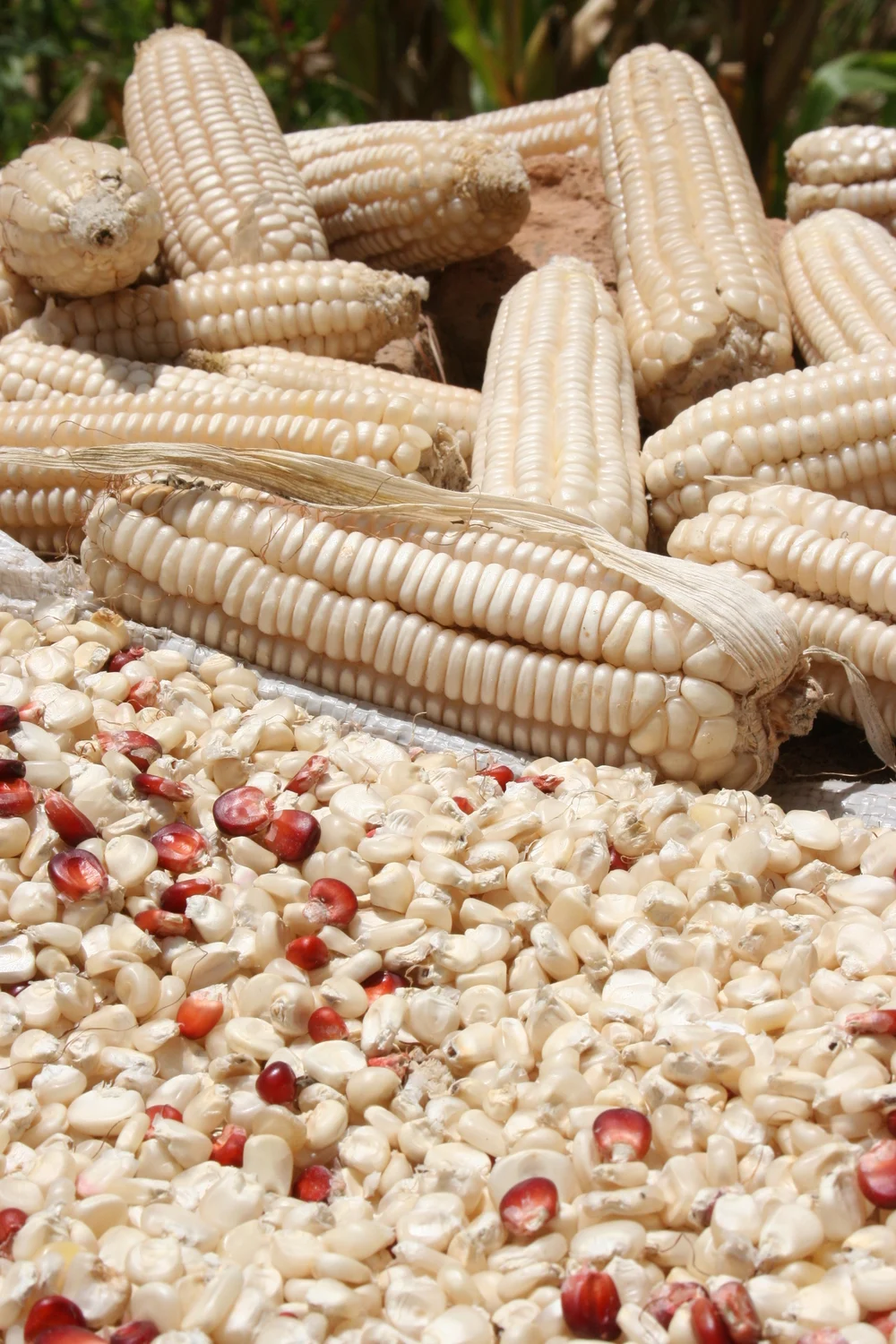
GOVERNMENT has remained adamant that the country has enough grain stocks despite pursuing policies that contradict its narrative.
Despite spending millions of dollars financing command agriculture programmes, Zimbabwe is still food insecure, with more than five million citizens in dire need of food aid, according to humanitarian agencies.
Humanitarian agencies say as many as 5,5 million people in rural areas and 2,2 million in urban areas need food assistance following poor harvests this year.
As a stop-gap measure, Cabinet in February asked private grain millers to commence maize imports using their free funds to complement local stocks and enhance national food security.
The Grain Millers Association of Zimbabwe says it has purchased grain worth US$100 million to offset an anticipated deficit later this year.
Government has also announced plans to import as much as 400 000 tonnes of maize from Malawi and Zambia, less than a year after declaring a bumper harvest.
To show how serious the issue is, the State recently promulgated Statutory Instrument (SI) 145 of 2019 and deployed soldiers and other State security organs to mount roadblocks and monitor movement of grain in the country to curb possible side-marketing of the little available staple food.
But just two days ago, the same government claimed that the country had enough grain stocks to satisfy local demand.
- Chamisa under fire over US$120K donation
- Mavhunga puts DeMbare into Chibuku quarterfinals
- Pension funds bet on Cabora Bassa oilfields
- Councils defy govt fire tender directive
Keep Reading
One is tempted to ask: Why should the Grain Marketing Board (GMB) enforce a statutory instrument to force farmers to sell their produce to the GMB when government says the country has enough stocks?
Under the SI, all maize, soyabean, wheat and barley farmers are obliged to deliver their produce to the GMB within 14 days of harvesting.
The SI goes on to state that those found in breach of the SI risk prosecution.
Government’s directive raises eyebrows because farmers are constitutionally allowed to sell their grain to whoever they wish since much of the grain was produced without government subsidy.
Why is the country importing when it has enough grains? Why are the farmers being forced to deliver their produce to the GMB if there are enough reserves and when they are not happy with the prices on offer? It doesn’t hurt to tell the truth.
Government should come clean on the state of the country’s grain status.
One can also not rule out the possibility that with elections drawing closer, the ruling Zanu PF party may have already embarked on a scorched earth policy to leverage food for votes.











